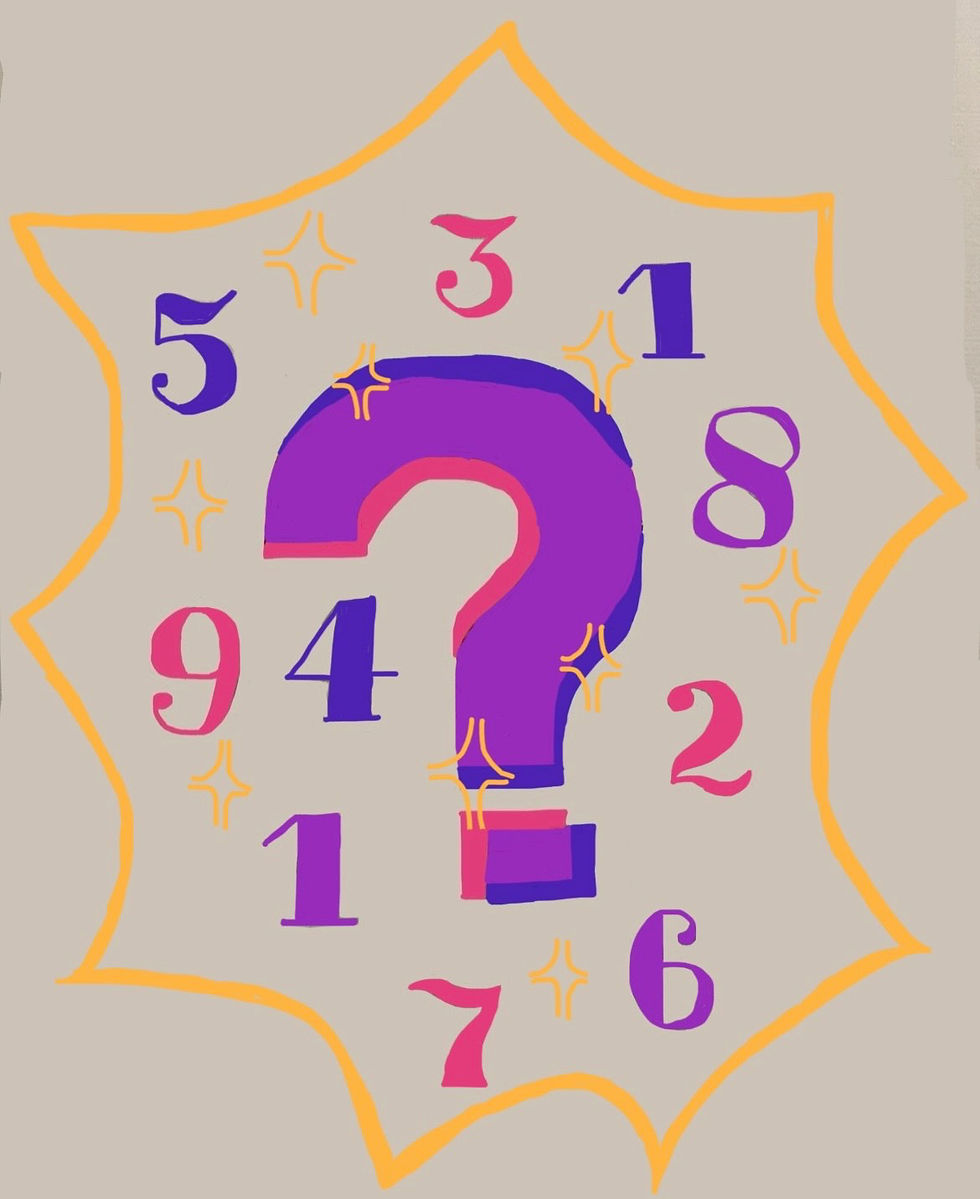Alexander's Slander
- Alex Beckett

- Nov 24, 2022
- 3 min read
Resident social critic Alexander lays down his tomes and half-devoured pint of real ale to illuminate the shrouded crevices of the St Andrean bubble and beyond.

Liberty, Equality, Sedentary
The Times reported this week that France’s “unmotivated youth spend too long on the chaise longue”, detailing the increasingly idle life afflicting that nation’s millennials. Were I to live in a country where 7% beers were the norm, and every street corner had an affordable bakery, I’d probably be joining them. However, we Anglo-Saxon countries operate a little differently. Not to say we work much harder, but we don’t eat horse, and the strongest beer you’ll find in a British pub is likely 4.5%.
There is something to be said for this point on idleness, however. Namely, that we aren’t immune to the crisis of a ghost society where one’s daily schedule consists of waking up, farting around, and going to sleep. We’ve built a system that permits such a lifestyle. The internet often annihilates one’s need to leave the house. Public figures, instead of touring, prefer expending their mental energy on ThickTok, and sharing mindbogglingly vapid soundbites on their Instagram stories. It is no longer an obligation to leave the house to go to work. Local facilities are closing. Average IQ is in freefall; functional illiteracy is on the rise. Pubs (unfortunately) are going out of business; so are night clubs (thankfully). The ears of everybody and their dog are now permanently plugged by way of ‘airpod’ with which they can block out the mutterings of the Other. As reversible as a washed-up D tier celebrity’s latest liposuction, these developments appear to be here for good. Despite being written about four centuries ago, English wordsmith John Donne’s concise diagnosis remains untreated, “So thou, sick world, mistak'st thy self to be /Well, when alas, thou'rt in a lethargy”.
An Ode to Cryptocurrency
Isn’t cryptocurrency just amazing? Years ago, when I was merely an intellectual amoeba, I rallied against the concept. In my heady GCSE days, I dreamt (genuinely) of one day wielding the power to ban cryptocurrency from the face of the earth. Only now have I realised that my former self was just as naïve as cryptocurrencies are useful, worthwhile, and most certainly not an awful idea propagated by Economics students and finance bros for the sake of stroking their own egos.
What I like most about cryptocurrencies is their undoubtable stability. Seeing daily their value vault up and down like an anvil on a trampoline fills me with confidence that they truly are here to stay. Just as the self-proclaimed experts on Twitter told me! For a bit of context, one Bitcoin, as of the time of writing, has dropped in value by approximately £4700 over the past 15 days; if that isn’t reliable and reassuring, then I don’t know what is. One must only look at El Salvador, where Bitcoin became legal tender in 2021. Their economy is in excellent form: total economic chaos and an impending request for a Chinese bailout are the order of the day. Impeccable!
In effect, I was evidently wrong to criticise cryptocurrency those many moons ago. As an $8bn dollar hole emerges in the finances of the collapsing FTX, their customers unable to retrieve all the money they’ve deposited, I’m reminded of what an utter idiot I used to be, for believing that it is not wise to attribute value to what is valueless, if not non-existent.
No Health, No Care, No System
A cancer crisis nobly highlighted by Professor Karol Sikora, exorbitant ambulance waiting times, and a major Northern Irish hospital this month urging the public simply not to come to A&E – under any circumstances – because of full capacity. Whilst this intolerable situation, threatening millions of people living (healthily or otherwise) in the United Kingdom, rages on, rest assured that politicians shall carry on their decades-long game of NHS roulette. Privatisation or nationalisation, money out or money in? Place your bets!
The best way to be cured for your ailments in modern Britain is simply not to get ill. Our optimum medication is hope and good fortune. Piecemeal changes in the NHS’s funding or structure have been boasted about for years, perennially without an impact on ballooning waiting list times. Founded in 1948, the National Health Service is naturally a point of pride for many; its longevity, constancy, and care speak for themselves. But its former glories are precisely the reasons for which I struggle to understand why anyone believes it’s worthy of such dogmatic defence in its current beleaguered state. It is failing to save lives in situations where lives are quite foreseeably saveable. Smashing pans on the doorstep and decreeing it “our” NHS do not suffice, some creative thinking and the courage to reconstruct our health care system fundamentally are this malady’s only remedies.
Illustration: Sarah Knight







Comments